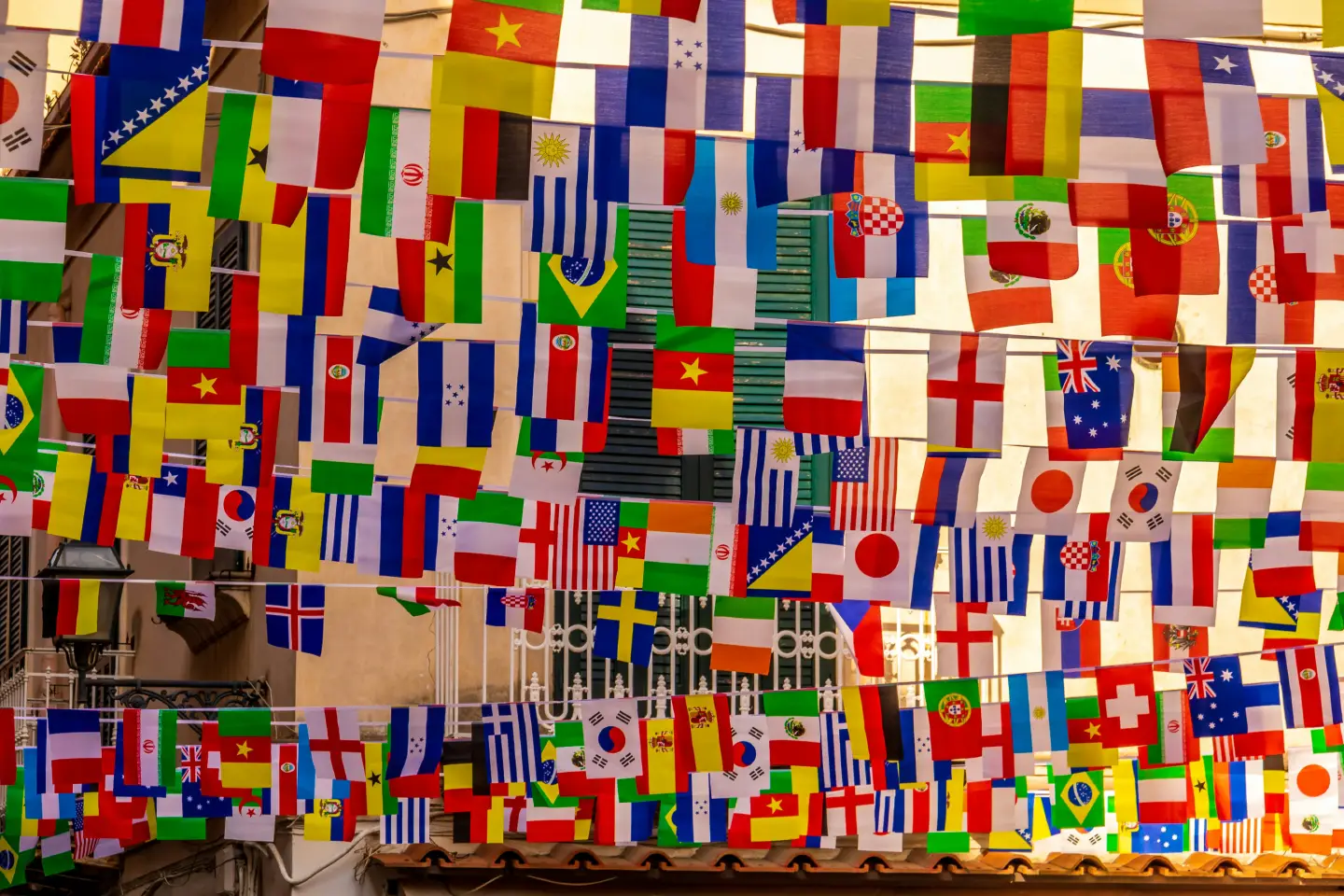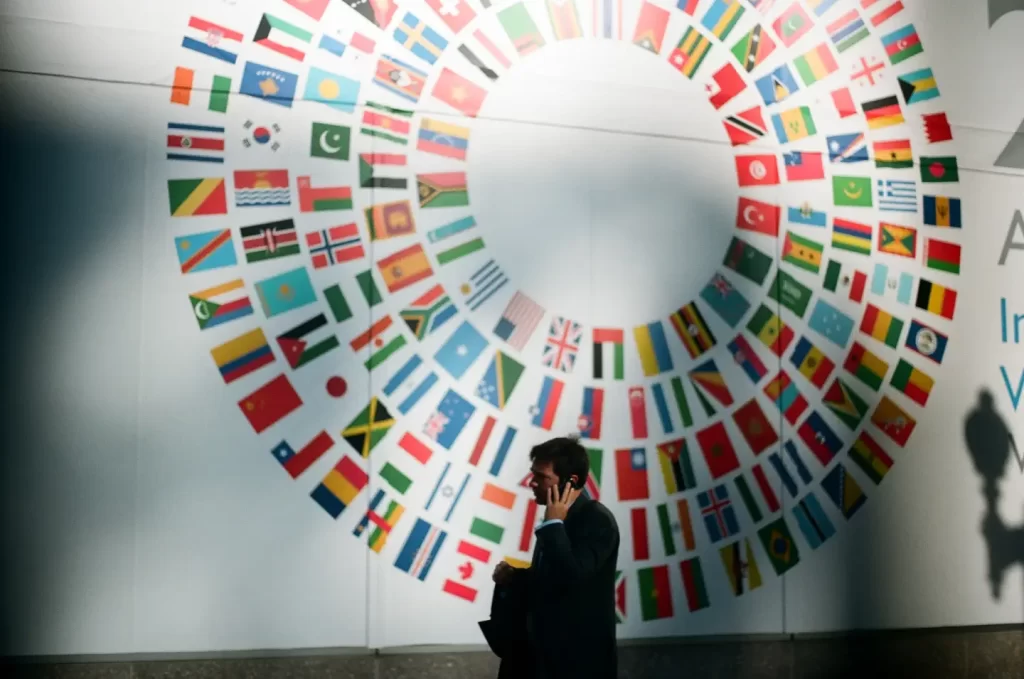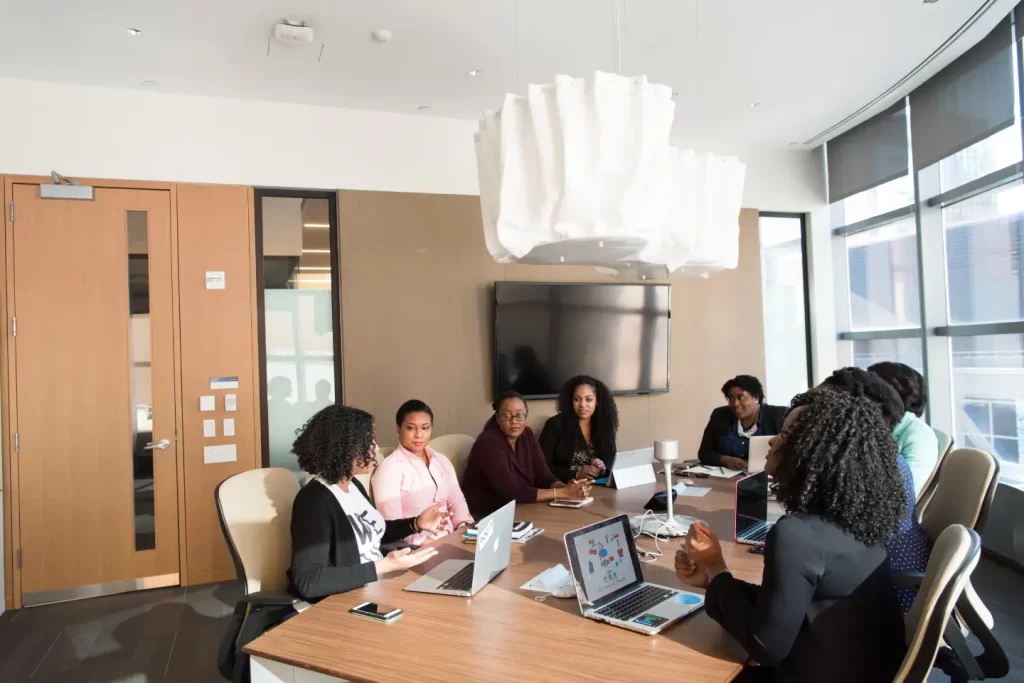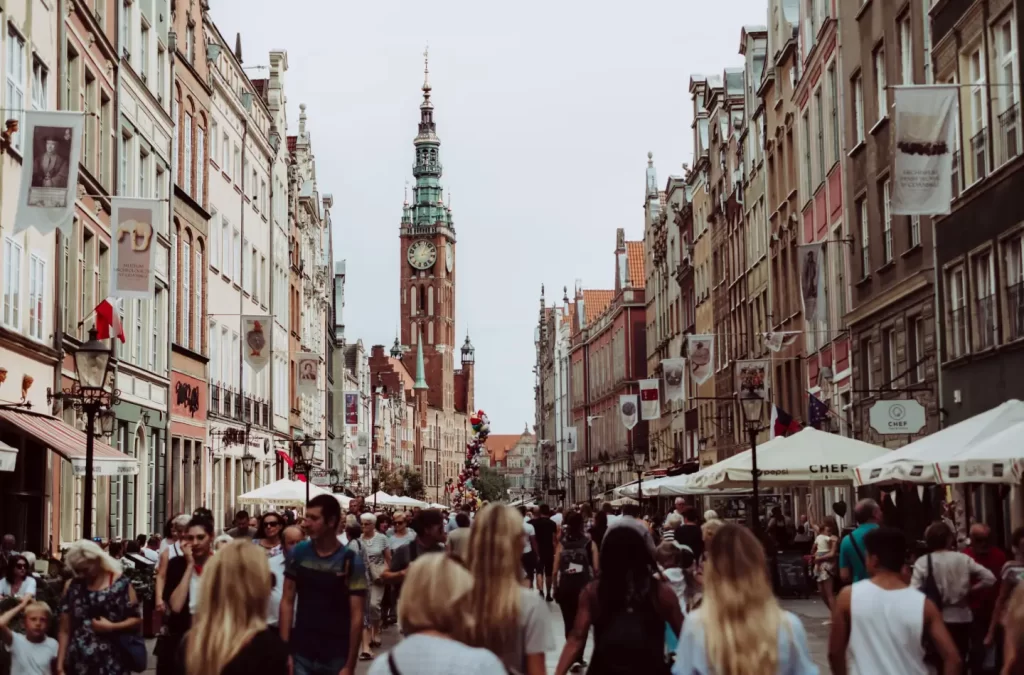Culture for Co-creative Partnerships: Strengthening the Cultural Dimension of EU External Relations
In an increasingly interconnected world, the significance of culture as a driving force in international relations is undeniable. Culture has the power to foster mutual understanding, promote shared values, and build enduring partnerships. This blog post delves deeper into the transformative role of culture in co-creating partnerships and fortifying the cultural dimension of the European Union’s (EU) external relations.
Unravelling the Power of Culture in International Relations
In its myriad forms, culture serves as a potent connective tissue between nations. It transcends geographical boundaries and linguistic barriers, fostering a sense of shared humanity and mutual respect. Within international relations, culture is a dynamic bridge that facilitates dialogue, encourages collaboration, and fosters shared values and interests.
Cultural diplomacy, therefore, emerges as a crucial component of a country’s foreign policy arsenal. It presents a conduit through which nations can project a positive image and exert soft power influence through cultural exchange, exhibitions, events, and collaborations. The EU offers an avenue to showcase the diversity and richness of European cultures and promote shared European values such as democracy, human rights, and freedom, thereby strengthening its global standing and influence.
The Pivotal Role of Co-creative Partnerships in Cultural Diplomacy
Co-creative partnerships represent the essence of collaborative endeavors aimed at achieving common goals. Cultural diplomacy involves a symbiotic collaboration between nations to create artistic projects and initiatives that foster mutual understanding and cooperation. These partnerships can assume various forms, from joint cultural festivals and exhibitions to cultural exchange programs and collaborative research projects.
The benefits reaped from co-creative partnerships are manifold. They nurture a sense of community and shared identity, promote cultural exchange and learning, and strengthen diplomatic ties. Furthermore, they provide a platform for cultural and creative sectors to expand their reach and influence, enhancing their competitiveness and capacity for innovation.
Strengthening the Cultural Dimension of EU External Relations
The EU has demonstrated a keen understanding of the importance of culture and co-creative partnerships in its external relations. It has made impressive strides in integrating culture into its foreign policy, acknowledging its potential to foster mutual understanding, promote shared values, and build enduring partnerships.
A few fundamental principles underpin the EU’s approach to cultural diplomacy. Firstly, it underscores the importance of dialogue and mutual learning, acknowledging that cultural exchange is not a one-way street but a reciprocal process of sharing and understanding. Secondly, it champions diversity and intercultural dialogue, recognizing the richness of different cultures, the importance of experience, and respecting cultural differences. Lastly, it fosters co-creative partnerships, encouraging collaboration between European and non-European artistic and creative sectors.
The EU has launched several initiatives to bolster the cultural dimension of its external relations. These include the ‘Culture in EU External Relations’ project, which aims to explore the role of culture in EU foreign policy and develop recommendations for future action. In addition, the EU has established cultural diplomacy platforms to facilitate cultural exchange and cooperation between European and non-European countries.
The Way Forward: Envisaging a Culturally Integrated Future
As we navigate the complexities of the 21st century, culture will continue to play a pivotal role in international relations. For the EU, fortifying the cultural dimension of its external relations will necessitate sustained commitment and concerted effort. This involves promoting cultural exchange and dialogue, fostering co-creative partnerships, and supporting the cultural and creative sectors.
Moreover, it mandates a holistic approach that seamlessly integrates culture into all aspects of foreign policy. This implies considering the cultural implications of political decisions, leveraging culture as a tool for diplomacy and cooperation, and advocating cultural diversity and intercultural dialogue.
In conclusion, culture presents a unique opportunity to foster mutual understanding, promote shared values, and build enduring partnerships. By harnessing the power of culture and co-creative partnerships, the EU can fortify the cultural dimension of its external relations, projecting a powerful image and wielding significant influence on the global stage.
In this blog, we tackle the idea of Building Bridges with Culture and look into the ways that cultural linkages can promote mutual understanding, teamwork, and the development of meaningful relationships between disparate communities.












